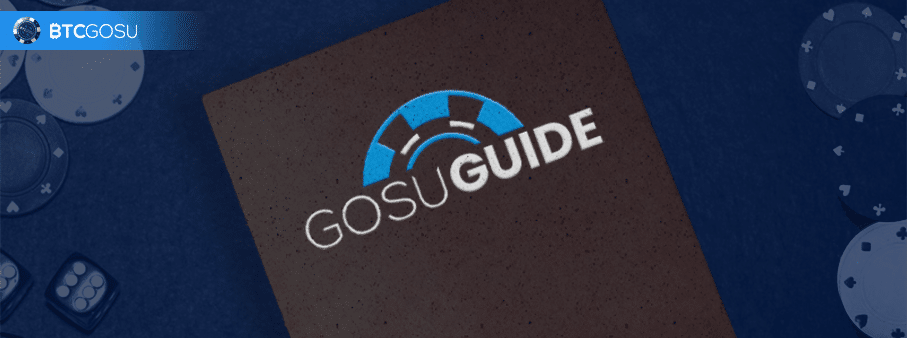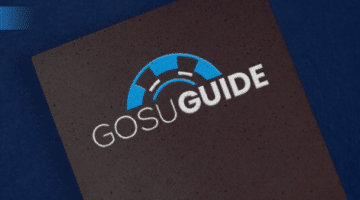The Blockchain

If you have spent more than a few minutes looking into cryptocurrencies, and even if you haven’t, you have most likely heard the term “Blockchain,” what is it? Some say it’s the future. Some say it’s the death of modern finance, but this still leaves the question of what it is.
Blockchain technology is the heart of cryptocurrency. The technology was proposed more than a decade before Bitcoin was around. In the simplest explanation, bits of data are collected into “blocks,” and when a block is full, it is added to the back of the queue, or “chain.” Great! We have data crammed in a block and it is sitting in line to be moved around in the cloud, now what? Now we throw pure hardware computations at the block until it breaks, completing the transfer.
What does that have to do with Crypto?
Bitcoin was the first practical use for this technology that was seemingly useful, but for the most part being unused. The extremely complex algorithms that make up the blocks take a lot of computational power to solve. Nodes (individual pieces of hardware) spend resources to try and solve the algorithm. Each node keeps a copy of the entire blockchain ensuring that no one entity is altering the transaction, creating an incredibly secure financial system. A transaction is checked and cross-checked by each node that touches it.
Having no one owner, and constant verification is where the term decentralized comes from. Many, not all, cryptocurrencies are decentralized. This creates an anonymous safety feeling. Being able to send money around safely, anonymously, and being able to track every step of its movement is what draws so many into crypto.
Parts of the BlockChain
Now let’s break down the blockchain into the pieces on a more technical level.
Transparency
Some call this provenance. It means that it is easy to track every transaction made on the blockchain. If the blockchain asset is bitcoin, the sender of the coin would be able to know if the asset they sent has been received by checking its history using a block explorer (https://www.blockchain.com/explorer).
Using the transaction id, which you receive whenever the transaction is created, you can track any block and what is in it.
Immutability
No one has the ability to alter a transaction after it has been added to the blockchain. It is permanent as every data is hashed with cryptography and time-stamped. This makes them unalterable. If something is wrong with a transaction, the network can correct it through another but it would never delete a transaction or alter it after it has been added to the blockchain.
Peer-To-Peer
Blockchain eliminates the need for third parties because it is designed to make the sending and receiving of data from one point to another without the need for intermediaries such as banks and brokers.
Consensus
Every node on the blockchain network must agree before a transaction is confirmed. However, the confirmation is based on a set of rules to which all the nodes are ‘signatory’ to. In a sense, it means that if a transaction does not follow the said rules, the network would never confirm it.
Not Reversible
Transactions on a blockchain are final. This finality is what makes people trust the technology. A banking transaction could be reversed if there are issues. There are many payment processing platforms that would reverse transactions, but not blockchain. This has a lot of advantages and disadvantages also. This is why you must be careful before making any transactions on a blockchain network.
With the traction made in the past decade, it is easy to see that cryptocurrency and blockchain technology have a strong possibility to be the main financial methods of the future. As acceptance grows, so does the drive from many governments around the world to centralize crypto. It is going to be extremely interesting watching the financial world continue to evolve.
Relevant news

Halving is coming
It's really been a while since I have been on this side of the screen,…

The Best Crypto Wallets for Gambling Online in 2023
Across different industries, cryptocurrencies have had a major influence over the last decade. The decentralized…

Different types of Bitcoin Wallets
As some of our most veteran readers may remember, there was a time in which…

Trezor and Taproot
It's already been a few months since the Taproot protocol was implemented into the Bitcoin…

Bitcoin/Crypto Wallets Used for Gambling
So, you have some bitcoin and you want to gamble, but how do you get…

Complete Guide for Bitcoin Wallets
What is a Bitcoin Wallet? Anything that allows you to store your Bitcoins is a…
1 thoughts on “The Blockchain”
Leave a Reply
You must login in order to comment or rate a review.





Interesting post, but above all a pleasant surprise to get content of this type in BTCgosu.
__
26/07/2021
Complete Guide for Bitcoin Wallets
Although reviewing more I have seen that it was already part of the editorial line … but I had not seen them.
25/06/2020
https://www.btcgosu.com/blog/guides/bitcoin/trezor-hardware-wallet-review/